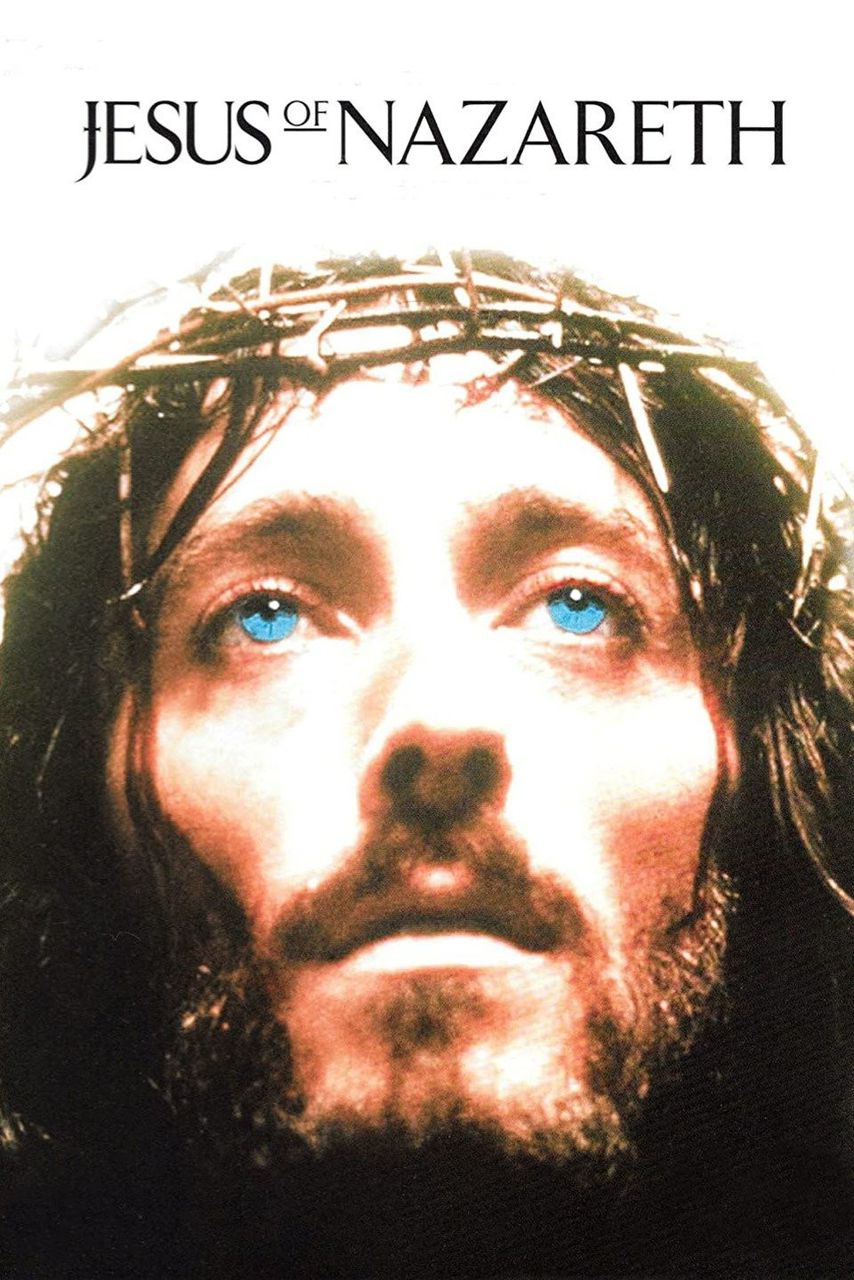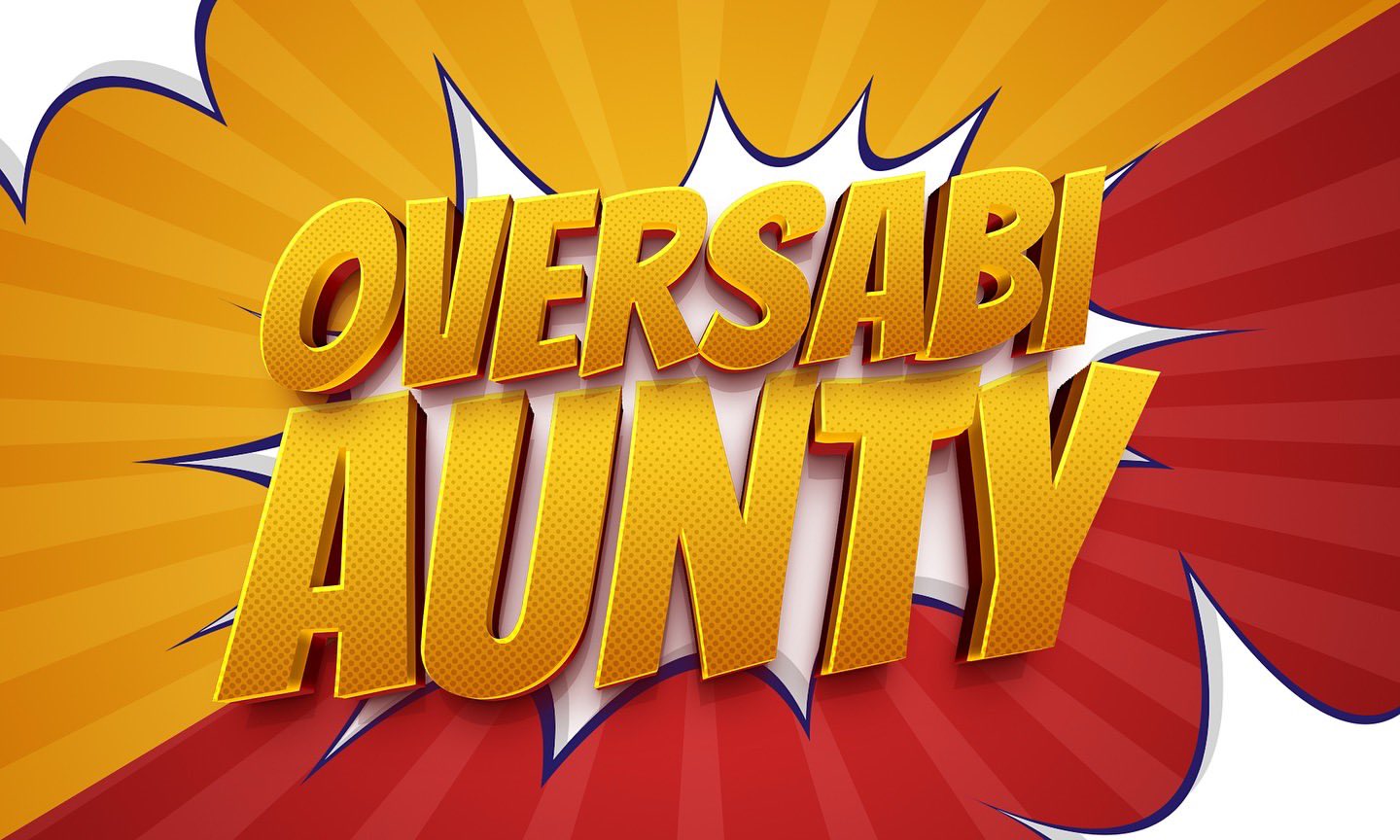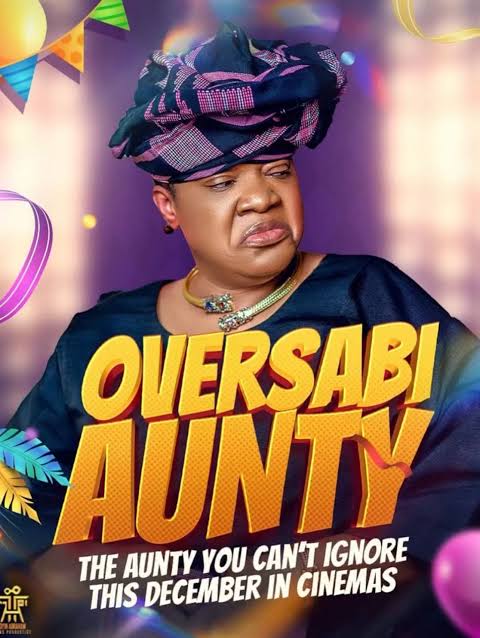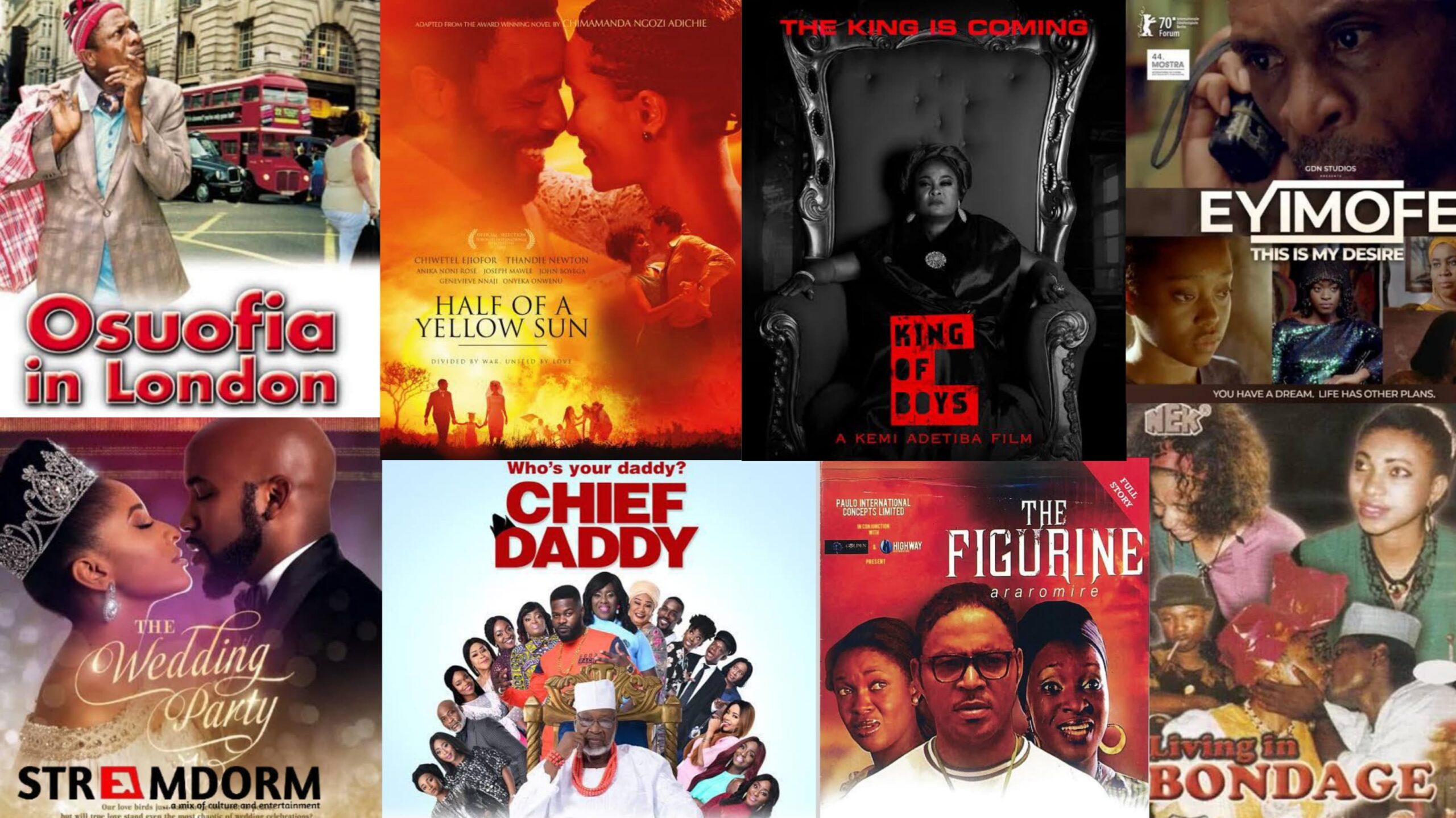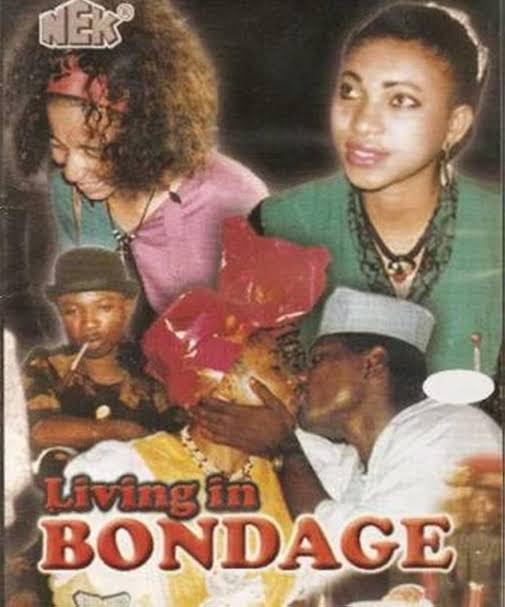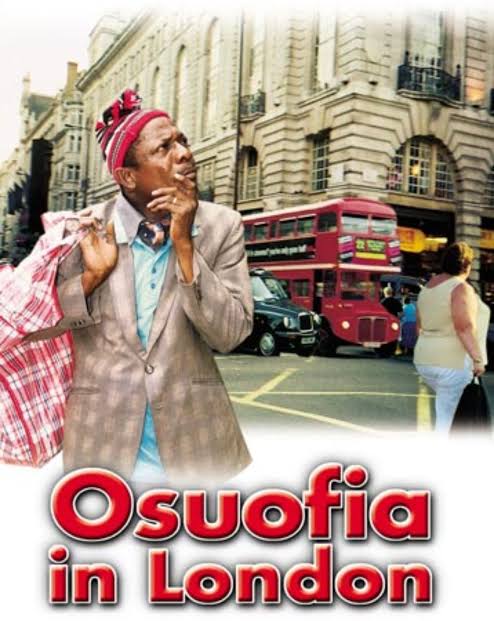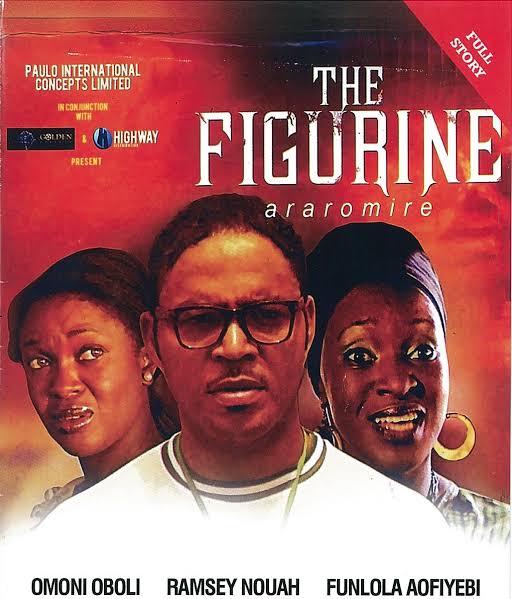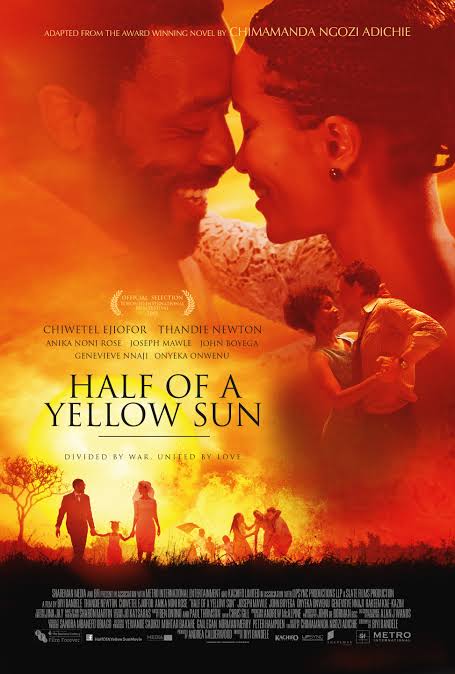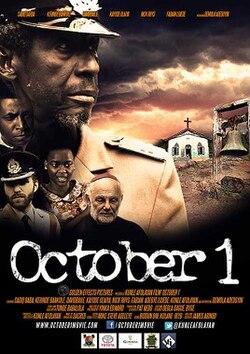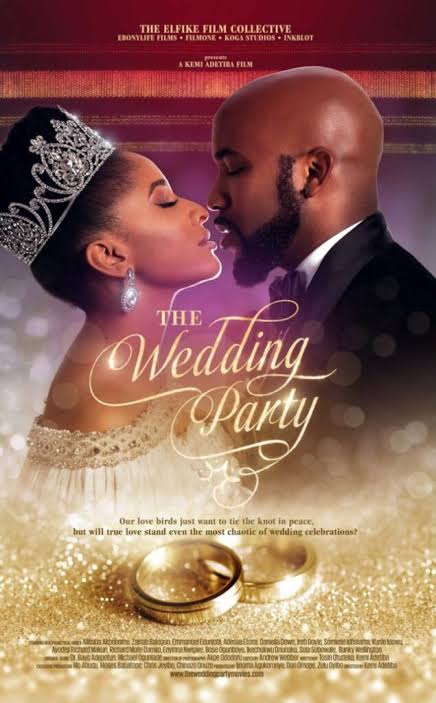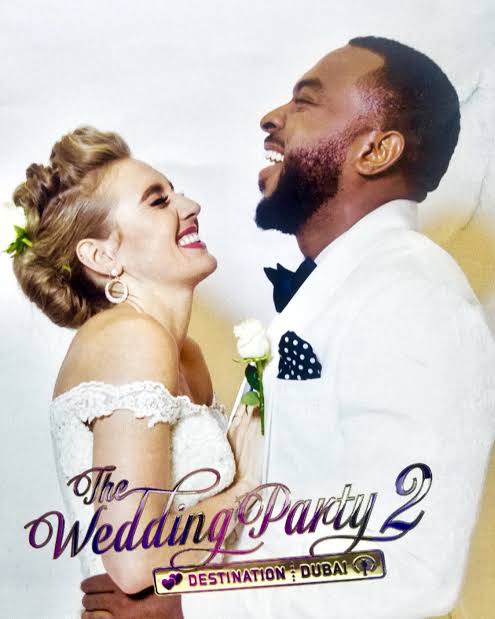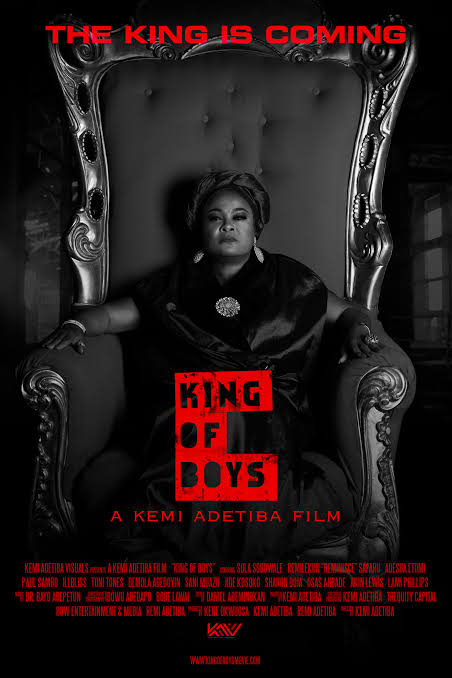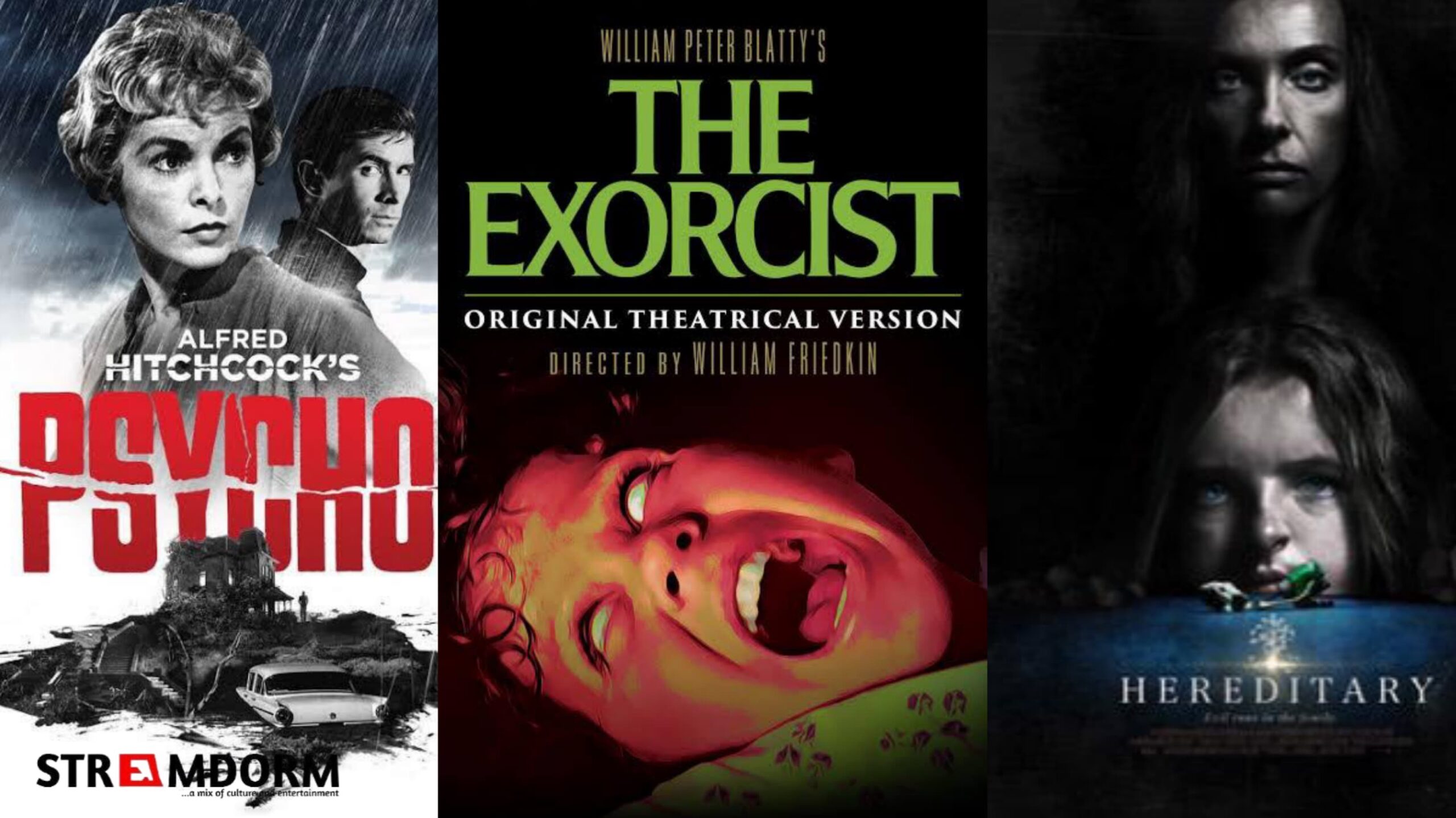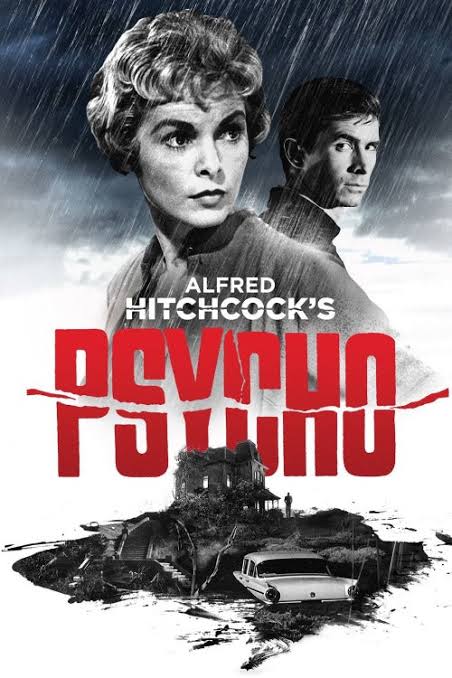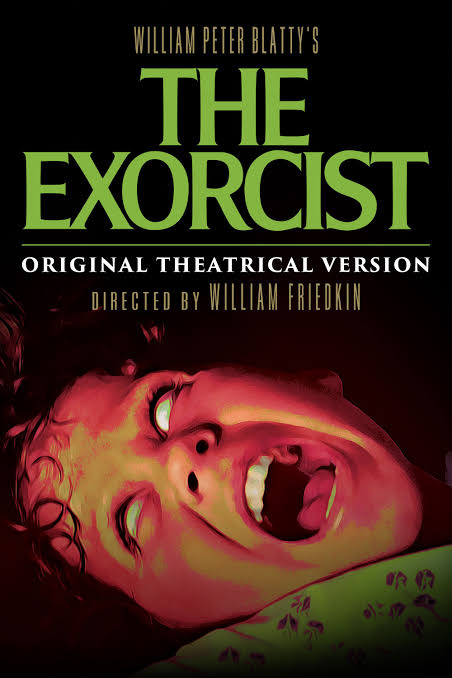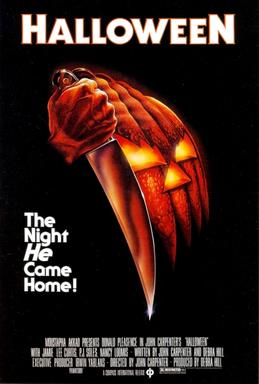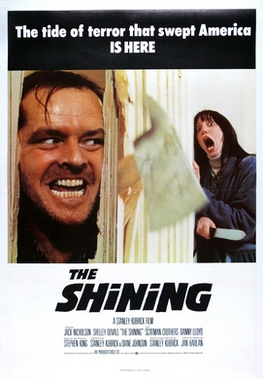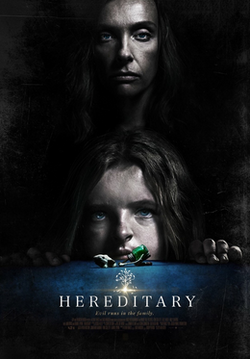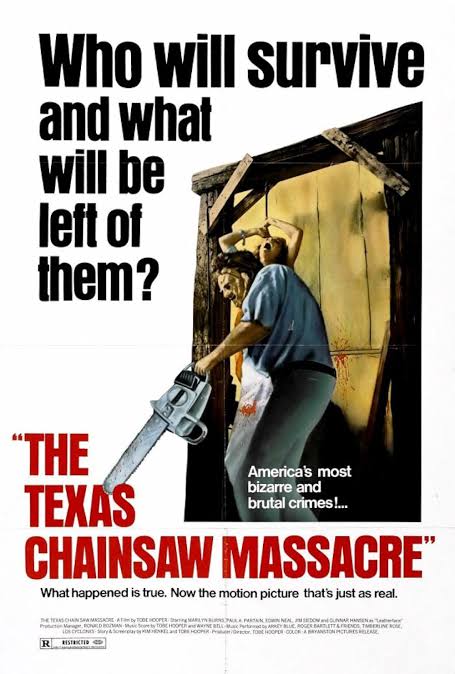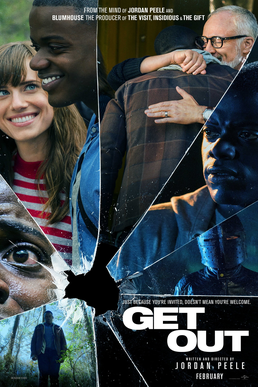Christmas is widely known as a celebration of the birth of Jesus Christ. But for many viewers, the most meaningful films are not only those that focus on the manger in Bethlehem, but those that explore the full life and purpose of Jesus on earth; His teachings, miracles, compassion, and sacrifice.
Over the years, many movies have attempted to tell this story. Some focus only on the Nativity. Others concentrate entirely on the final days leading to the crucifixion. Very few manage to present a balanced and complete picture of Jesus’ earthly ministry in a way that feels respectful, engaging, and accessible to modern audiences.
This article brings together the best and most definitive movies and series about Jesus, selected for their accuracy, storytelling strength, and ability to show why His life still matters today. These are the films that go beyond Christmas tradition and help viewers understand the full story behind the season.
Why It’s Difficult to Tell the Full Story of Jesus on Screen
Telling the story of Jesus in a single film is not easy.
His life includes major events; His birth, baptism, teachings, miracles, conflicts with religious leaders, crucifixion, and resurrection. Compressing all of this into two or three hours often leads filmmakers to skip important moments or focus heavily on one part of the story at the expense of others.
This is why many Jesus films lean toward either:
- The Nativity, because of its strong Christmas appeal, or
- The crucifixion, because of its emotional weight
Only a few productions take the time needed to show the full journey. These are usually longer films or multi-part series, and they tend to leave a deeper impact on viewers.
The list below focuses on those rare projects that succeed in telling the whole story, making them especially meaningful to watch during Christmas.
1. Jesus of Nazareth (1977)
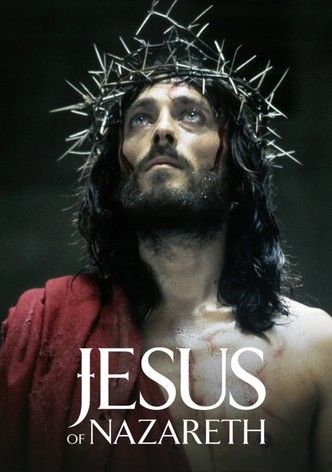
Jesus of Nazareth is widely regarded as the most complete and respected screen portrayal of Jesus Christ.
Directed by Franco Zeffirelli, this epic production follows Jesus from His birth in Bethlehem through His teachings, miracles, crucifixion, and resurrection. Its extended runtime allows the story to unfold carefully, without rushing key moments from the Gospels.
Robert Powell’s portrayal of Jesus is calm, restrained, and deeply reflective. Rather than relying on dramatic excess, the performance emphasizes compassion, authority, and quiet strength, qualities many viewers associate with Jesus.
What truly sets this film apart is its balance. It gives equal weight to:
- The Nativity
- Jesus’ public ministry
- His relationships with disciples
- His final sacrifice
The story begins with the events surrounding Jesus’ birth, making it a natural choice for Christmas viewing. From there, it guides viewers through the full meaning of why that birth mattered.
2. The Chosen (2019 – Still running)
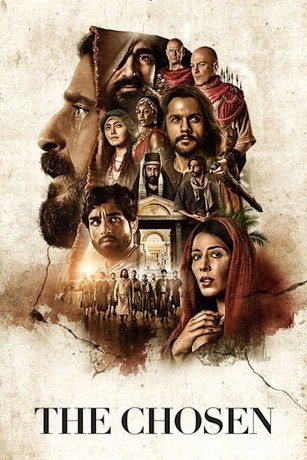
The Chosen has reshaped how modern audiences engage with the story of Jesus.
Instead of focusing only on Jesus Himself, the series places strong attention on the people around Him; His disciples, followers, and those whose lives were changed by His presence. This approach makes His ministry feel personal and relatable, without losing its spiritual depth.
The series explores Jesus’ teachings and miracles gradually, allowing characters to grow and struggle in realistic ways. This slower pace gives viewers time to reflect on each moment rather than rushing through the story.
Production quality, performances, and writing have all contributed to its global popularity. It has become one of the most watched faith-based series in recent history.
The Chosen includes dedicated Christmas episodes that focus on Jesus’ birth, making it easy for viewers to start the story during the season and continue through His ministry afterward.
3. The Miracle Maker (1999)
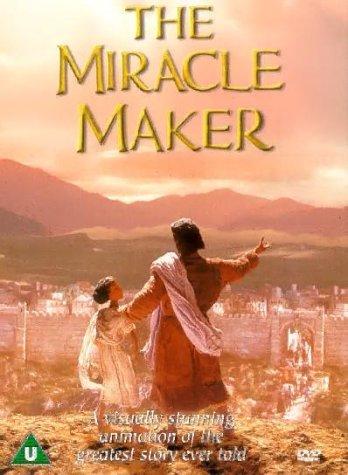
The Miracle Maker offers one of the most emotionally engaging portrayals of Jesus’ ministry, presented through animation.
The film combines stop motion and traditional animation to tell the story of Jesus from childhood through His public ministry. Much of the story is seen through the eyes of a young girl, which brings a sense of innocence and curiosity to the narrative.
Despite its animation style, the film does not avoid serious themes. It handles Jesus’ teachings, miracles, and eventual death with sensitivity and depth, making it suitable for both children and adults.
The film connects the humility of Jesus’ birth with the compassion and sacrifice that defined His ministry, helping viewers understand the meaning behind the celebration.
4. The Visual Bible: Matthew (1993)
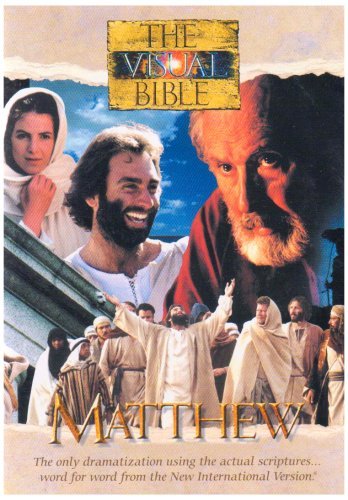
For viewers who value strict biblical accuracy, The Visual Bible: Matthew stands out.
This film presents the Gospel of Matthew word for word, with every line of dialogue taken directly from Scripture. There are no added scenes, no creative dialogue, and no reinterpretations.
Because of this approach, the film feels less like a traditional drama and more like a visual reading of the Gospel. It covers Jesus’ birth, teachings, miracles, and final days with clarity and faithfulness.
It allows viewers to experience the story of Jesus exactly as written in the Bible, starting from the events surrounding His birth.
5. Son of God (2014)
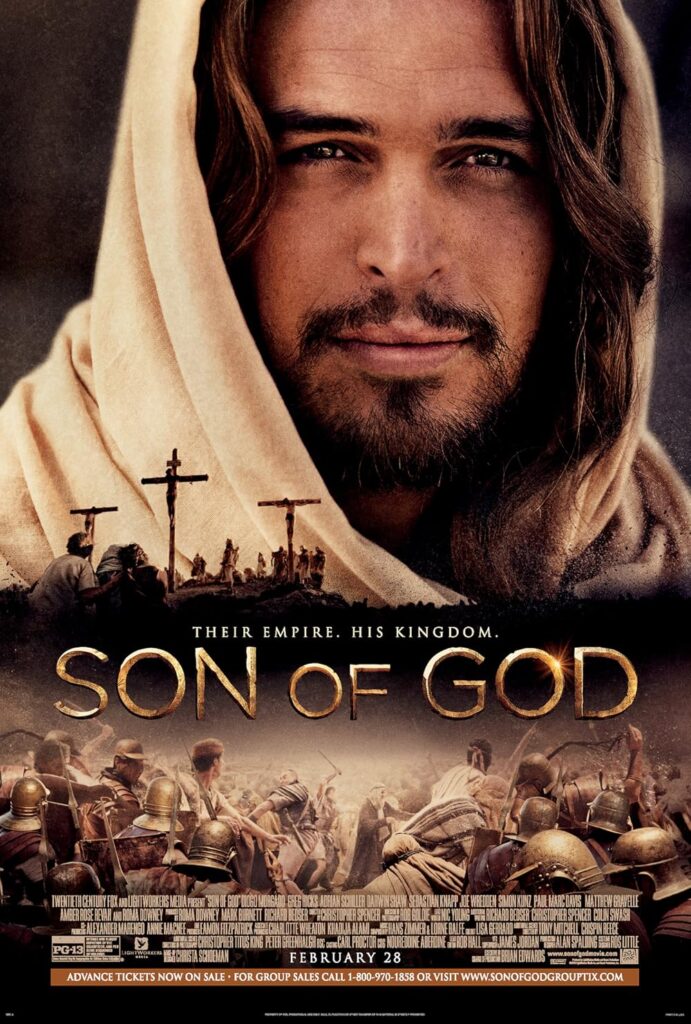
Son of God is a modern cinematic retelling of Jesus’ life, adapted from the television series The Bible.
The film focuses strongly on Jesus’ public ministry; His miracles, parables, and relationship with His disciples; while maintaining a clear and accessible narrative structure. This makes it a good option for viewers who may be new to biblical films.
Its pacing and visuals help connect Jesus’ teachings to modern audiences without going too far from the source material.
The film links Jesus’ birth to the purpose of His ministry, helping viewers reflect on why His arrival is still celebrated today.
6. The Nativity Story (2006)
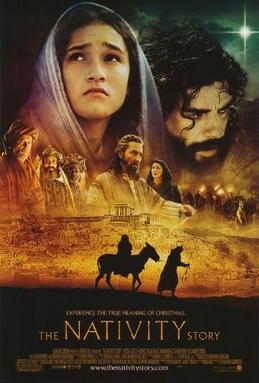
Although The Nativity Story does not cover Jesus’ entire ministry, it remains one of the most important films to watch during Christmas.
Unlike many Nativity films, it gives proper attention to Mary and Joseph; their fears, faith, and obedience. The story is grounded and human, focusing on the reality of the journey that led to Jesus’ birth.
Understanding Jesus’ ministry begins with understanding His birth. This film provides the foundation upon which the rest of His life is built.
Which Jesus Movie Should You Start With?
Choosing the right film depends on what you’re looking for:
- For a complete life story: Jesus of Nazareth
- For a modern, relatable series: The Chosen
- For families and younger viewers: The Miracle Maker
- For strict biblical accuracy: The Visual Bible: Matthew
- For a focused Christmas watch: The Nativity Story
Each offers a different entry point into the story of Jesus.
The Passion of the Christ (2004)
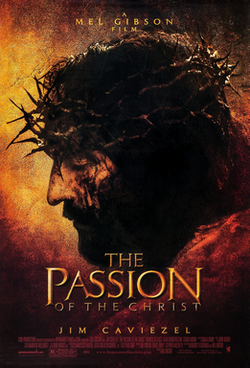
This movie was not included in the list because even as a very powerful depiction of Jesus, it focuses almost entirely on the final hours of Jesus’ life. It does not explore His birth, teachings, or public ministry.
For viewers seeking a full picture of Jesus’ earthly journey, it does not provide the balance needed for Christmas viewing.
Christmas is not only about remembering where Jesus was born, but understanding why He came.
These films help tell that full story; from the quiet moment in Bethlehem to the ministry that shaped history. Whether watched alone or with family, they offer a deeper way to reflect on the season and its meaning.
For anyone looking to go beyond tradition and truly engage with the story of Jesus, these are the best movies about Jesus and His earthly ministry to watch this Christmas.
Merry Christmas!
